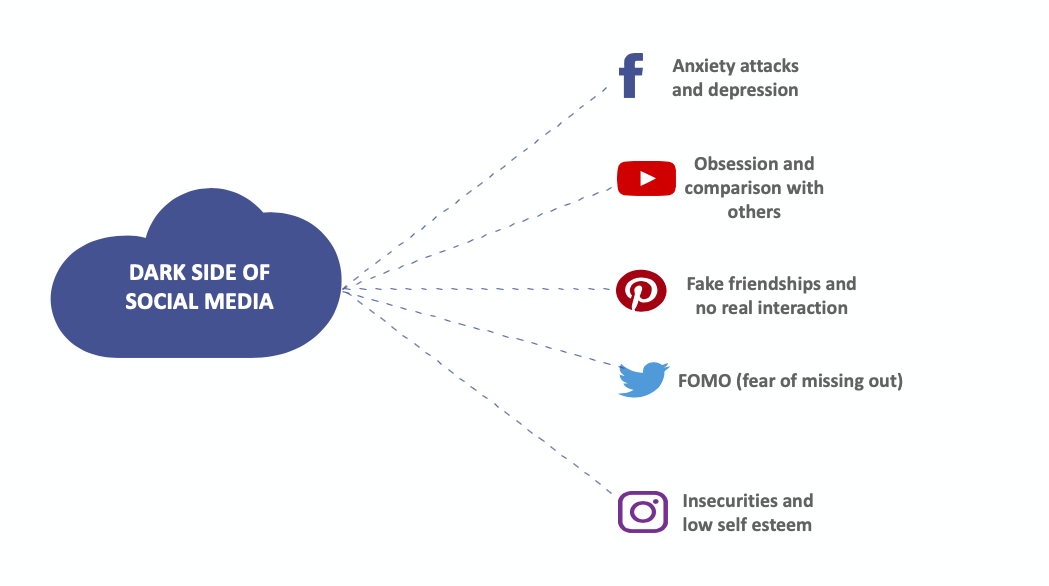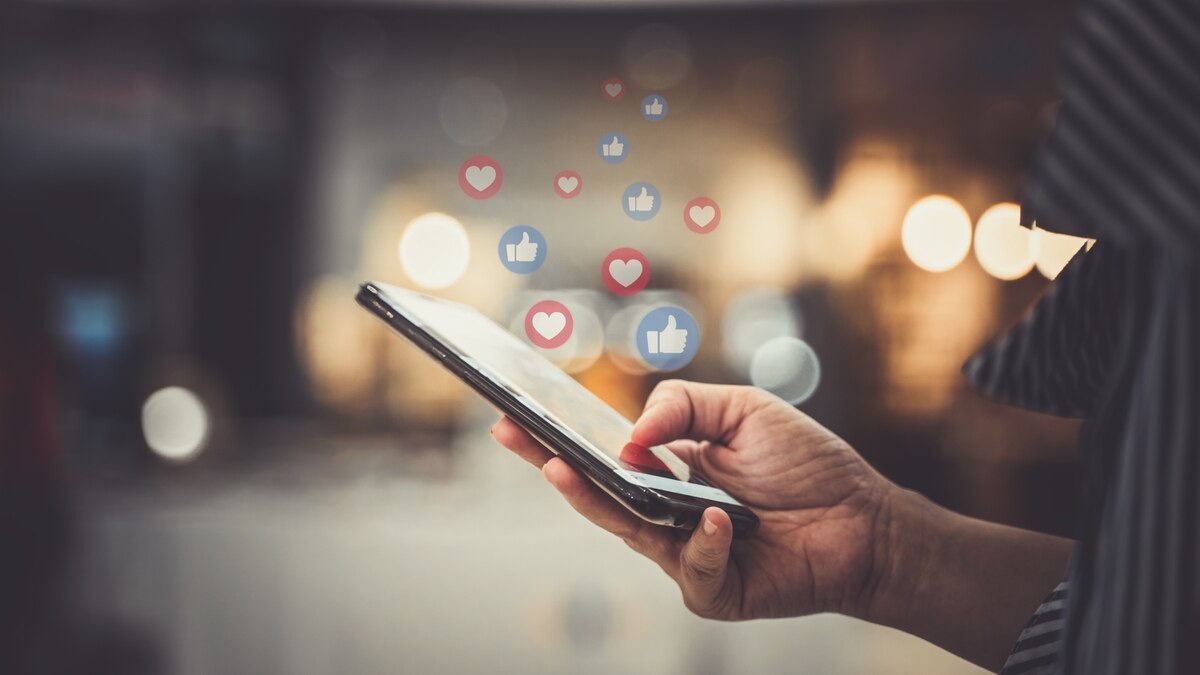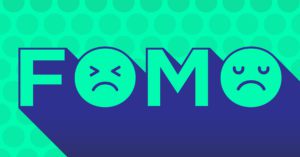
This is how Social Media affects your mental health
Social Media Networks help us connect with each other and are present in our everyday lives. We couldn’t imagine life without them! But at the same time it can help people network for their careers and connect with distant friends and family members, it can also exacerbate negative feelings in individuals who are not happy with their lives. This may be one of the main reasons why social media, depression and anxiety attacks tend to be linked. People can also feel unhappy, isolated and with low self-esteem: this is how Social Media is affecting your mental health.
Negative Impacts of Social Media
Our insecurities increase when we compare ourselves to others on social media networks, like Instagram or Facebook. Influencers and famous people set high and unachievable standards. Moreover, as it connects people with each other, it disconnects them at the same time. Smartphones are present in every business and social meeting, and some people keep looking at their phones instead of talking to the person they have right in front of them. This creates a social boundary in human interactions. Independent UK explains these and more disadvantages of social media on people’s health here.
One of the biggest negatives that have been found with the rise of these social platforms is the correlation between social media and depression. Different scientific studies have found that there is a link between high usage of social media sites and increased depression.

Teenagers and Social Media
The world and use of social media provides lots of advantages, especially for young people and teenagers who have grown with these tools. It makes socialization easier, more immediate and helps them express themselves through social media networks.
Nevertheless, the downsides of social media tend to be more powerful than the advantages. Although it is true that teens can use social media to connect and create friendships with others, they can also confront cyberbullying, trolls, toxic comparisons, sleep deprivation, and less frequent face-to-face interactions. Young people can grow up with much more anxiety than adults because of their addiction to social media: they spend too much time scrolling through social networks, obsessing over likes, receiving cyberbullying and comparing themselves to others.
The key to solving this problem is for them to find a healthy balance between the use and abuse of social media networks. It is important for them to be able to disconnect from smartphones and connect with the people around them.
Social Networks and FOMO (Fear of Missing Out)
Another downside of how social networks affect your mental health is the arising of FOMO. This could also cause depression on people who engage in a lot of social media use. They invest a lot of time looking at other people’s lives: vacations, weddings, family updates, and many other things that could incite envy or this fear of missing out. It is described as “a pervasive apprehension that others might be having rewarding experiences from which one is absent and characterized by a desire to stay continually connected with what others are doing”. It is perceived to have negative influences on people’s psychological health and well-being because it could contribute to people’s negative mood and depressed feelings.

If you think you are spending too much time on social media try reducing it by focussing on your real interests and friends! If you think your mental health is being affected by this issue and have any question about social anxiety, depression and other health problems, you can always contact us and we will be happy to help!
